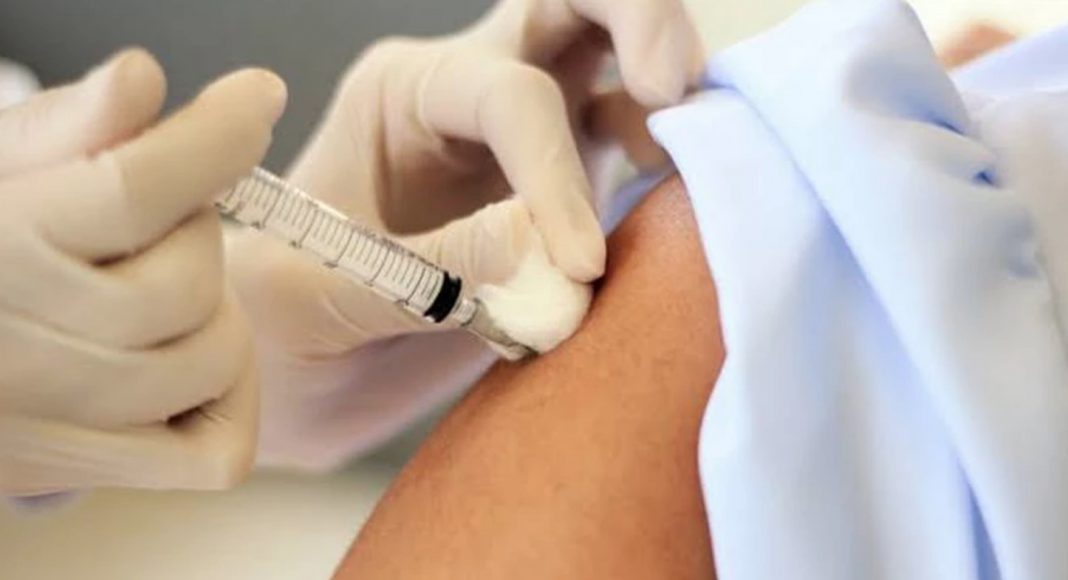An eight-year-old ended was diagnosed with diphtheria at Children’s Hospital a few days ago, a disease really “forgotten” in Greece and Europe, thanks to regular vaccinations.
Given that this is the first case of this infectious, and even fatal, disease that has been recorded in Greece for the last three decades, the criticality of the vaccine situation is perceived.
The child was reportedly raised in the Mother Infant Centre and has been raising a foster family for the past three years.
According to hospital sources, the 8-year-old had received only two of the doses of the combined DTaP vaccine that protects against tetanus, diphtheria and pertussis. Also, it had not been vaccinated for any other infectious diseases, as the National Vaccination Program in our country states. According to the national vaccination program, a child up to the age of 12 should have 6 doses of the vaccine in order to have full coverage.
The fact that the child had only taken two doses explains, according to experts, the “ease” with which the child became infected with the toxic diphtheria toxinobacter.
Diphtheria pneumonia is a disease of the upper respiratory tract characterised by a sore throat, low fever and adherent membrane covering the tonsils, pharynx and/or nose. It gradually makes it difficult to swallow or breathe, even causing suffocation. The toxin produced can even cause serious complications such as heart failure and paralysis.
In the case of the unvaccinated 8 year old, the bacterium easily invaded the body. The child reportedly had the symptoms recorded. His parents took him a few days ago, to a private hospital, concluding that he had laryngitis. Doctors demanded that the child be admitted, but the parents refused. A few hours later they took the 8-year-old to the oncologist Paidon, where he was immediately intubated.
After two days in the Intensive Care Unit, the tests arrived, which showed that he had been infected with diphtheria colitis.
EODY say, however, that research is ongoing to determine which diphtheria strain affected the 8-year-old boy, to determine if he would be covered by the vaccine he should have done.
It should be noted that adults should also be vaccinated for tetanus, diphtheria, and pertussis every ten years.
Sourced by: Protothema
